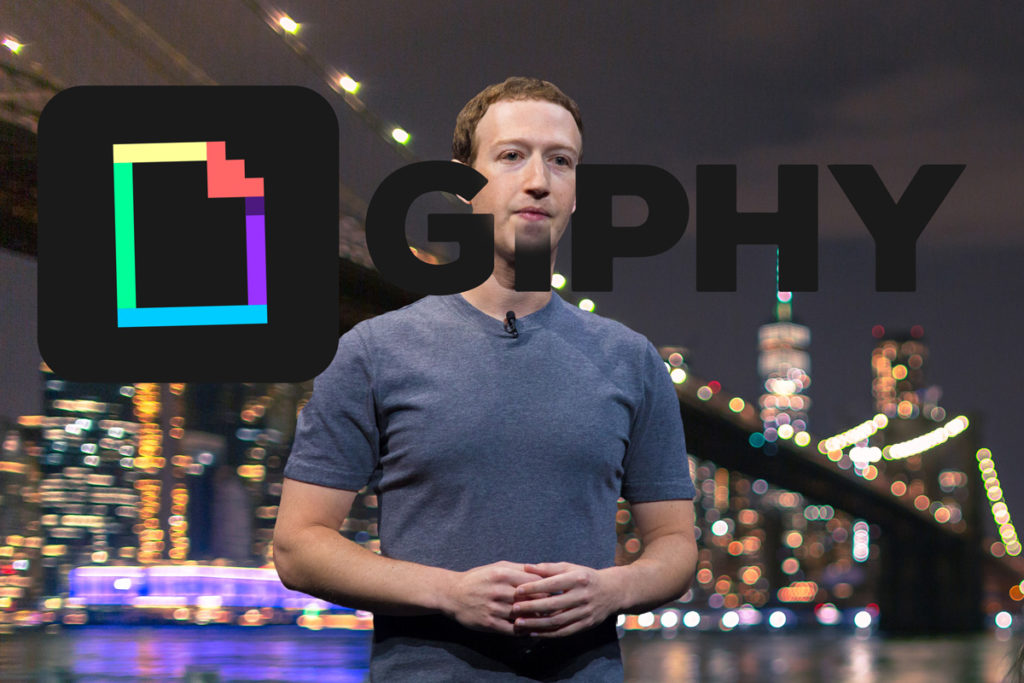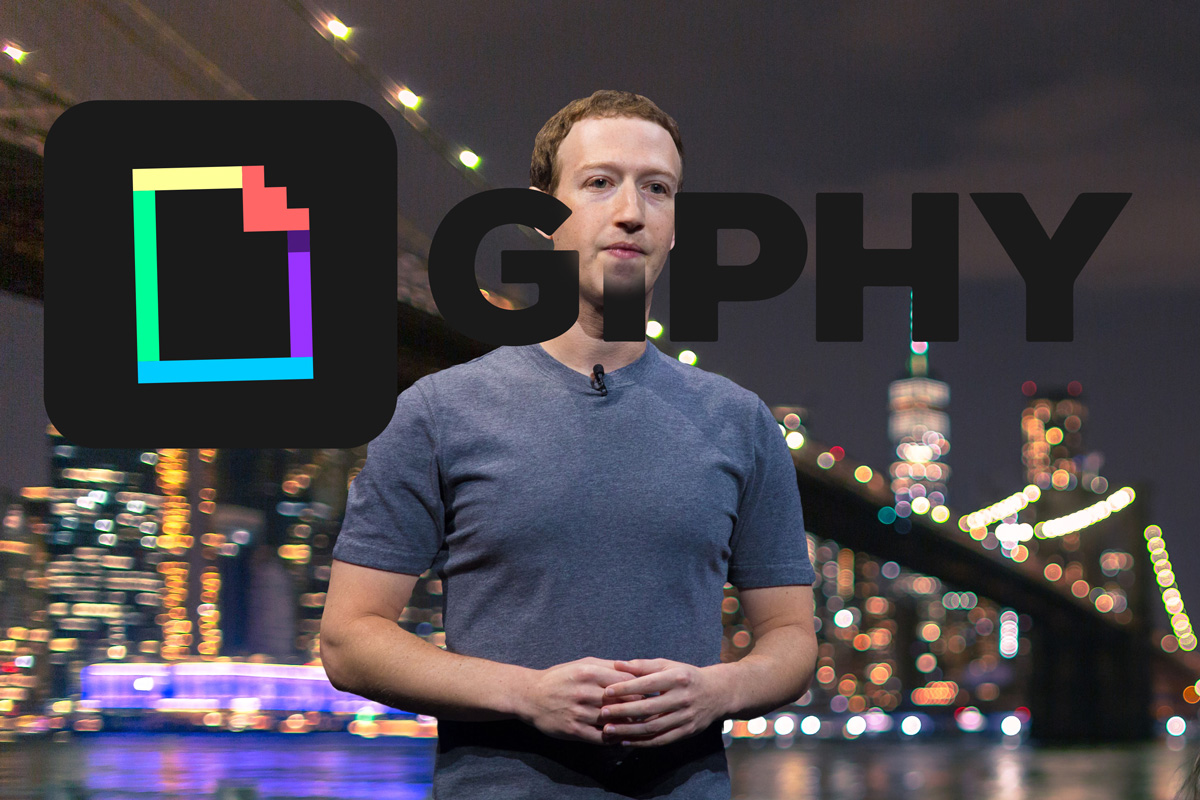
A long, slow, converging consensus is coming to expose Facebook, Amazon and Google
On Friday, May 15th, Facebook announced that it will be buying Giphy— the world’s most popular GIF site on the internet, social media, and messaging services. Giphy is already an integrated part of iMessage, Tinder, Slack, and Twitter, and Facebook now owns it for a reported $400 million.
Acquiring a GIF-generating site seems inconspicuous enough for Facebook, the social media conglomerate that already owns Instagram, WhatsApp, Oculus VR, and many other subsidiaries. Nevertheless, the purchase raised some red flags in Washington, especially for Democrats like Senators Elizabeth Warren (MA) and Senator Amy Kolchubar (MN) as well as Representatives Alexandria Ocasio-Cortez (NY) and David Cicilline (RI), all of whom have been critical of major corporate mergers throughout the coronavirus pandemic.
Lynxotic and all independent booksellers.
Because of COVID-19, many small businesses are facing immense hardships. They are in a vulnerable state, desperate for money and far more likely to sell out. By contrast, major corporations not only have the funds to stay afloat, but also the continued stability to take advantage of the smaller, more jeopardized companies. Senator Warren and Rep. Ocasio-Cortez have thus proposed the “Pandemic Anti-Monopoly Act” to halt all big-business mergers until the situation gets better for their small business counterparts.
Hence, Facebook’s purchase of Giphy comes at a dubious time. Giphy is no small time company, but Facebook’s ownership of it could still lead to increased exploitation down the road. Because the site is integrated into so many different apps and services already, it will provide Facebook with covert entrance’s into all of those platforms’ data.
As brought to the foreground in 2016’s Cambridge Analytica scandal, Facebook keeps an overabundance of data on each of its users. The site tracks and analogs everything we do, and that information does not remain confidential. Facebook sells it to other services, businesses, or even political assets, usually (but not always) for the sake of marketing.
With WhatsApp and Instagram already in house Giphy appears to be a bridge too far
With Giphy under the site’s control, Facebook’s data-mining efforts will overreach even farther. It will be able to access information from our Tweets, iMessages, Tinder matches, and even business correspondences via Slack. Evidently, the purchase entails a whole lot more than just the newfound ability to insert GIFs directly into our statuses.
help Lynxotic and all independent
bookstores.
The politicians against business mergers during the pandemic are by-and-large the same people who have been fighting Facebook for the past few years, demanding heightened security and increased regulations for big-tech across the board. Right now, the Department of Justice is planning antitrust charges for Google and many attorney generals are investigating Amazon for their monopolistic control over the market. If these cases prove successful, we might finally see some legislation passed to keep the long-unrestricted tech moguls in check.
Facebook CEO Mark Zuckerberg has not yet commented directly on the Giphy acquisition, nor has he provided a public response to the “Pandemic Anti-Monopoly Act” proposition. In typical Facebook fashion, all the website has really done to help in these trying times is create a new “hug” reaction icon. It’s a nice addition, but hardly makes up for the company’s clear manipulation of the present circumstances.
If there is one shred of good news amidst the purchase so far, it is that Giphy will thankfully not be removing their library of embarrassing Mark Zuckerberg GIFs. Moreover, we can also take solace in the fact that there are many more GIF-worthy Zuck moments to come.
Find books on Big Tech, Sustainable Energy, Economics and many other topics at our sister site: Cherrybooks on Bookshop.org
Enjoy Lynxotic at Apple News on your iPhone, iPad or Mac and subscribe to our newsletter.
Lynxotic may receive a small commission based on any purchases made by following links from this page.
